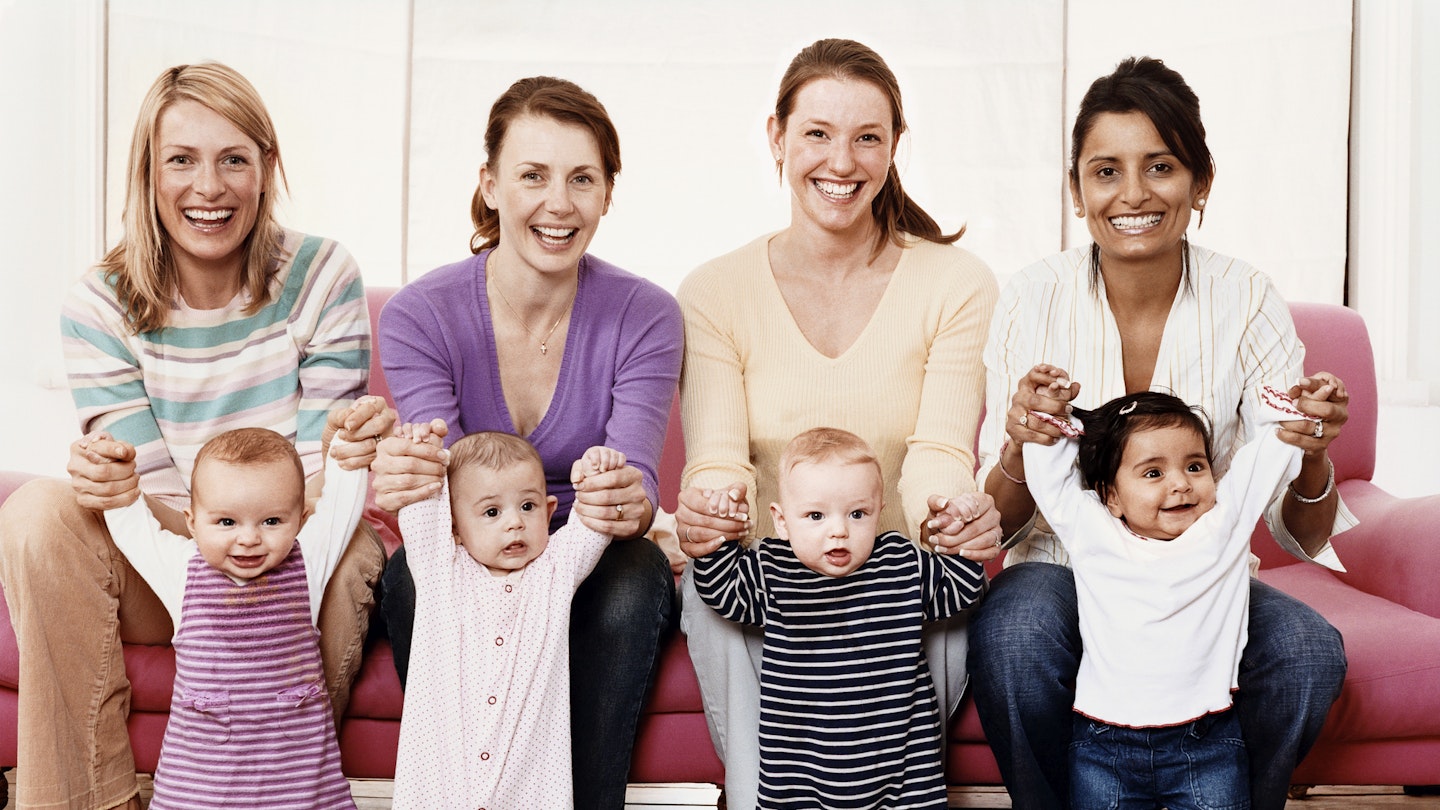Adjusting to a new life with your baby can be made easier if you know other people in the same position. Who else is going to get why you’re awake (and sober) in the early hours, or beyond excited that your local cinema has started doing mum and baby screenings? Since there’s no freshers' week for new parents, take advantage of the other opportunities for expanding your local social circle and finding like-minded mums.
How to make new mum friends
 1 of 10
1 of 101) Download an app
ParentsNearby was created to help put like-minded people living near each other in touch through Facebook and LinkedIn. It’s free and available on both Android and iPhone. Plus, you can only chat to people who’ve also signed up – so reassuring if you’re shy. Check out all the best apps every new mum should download, here.
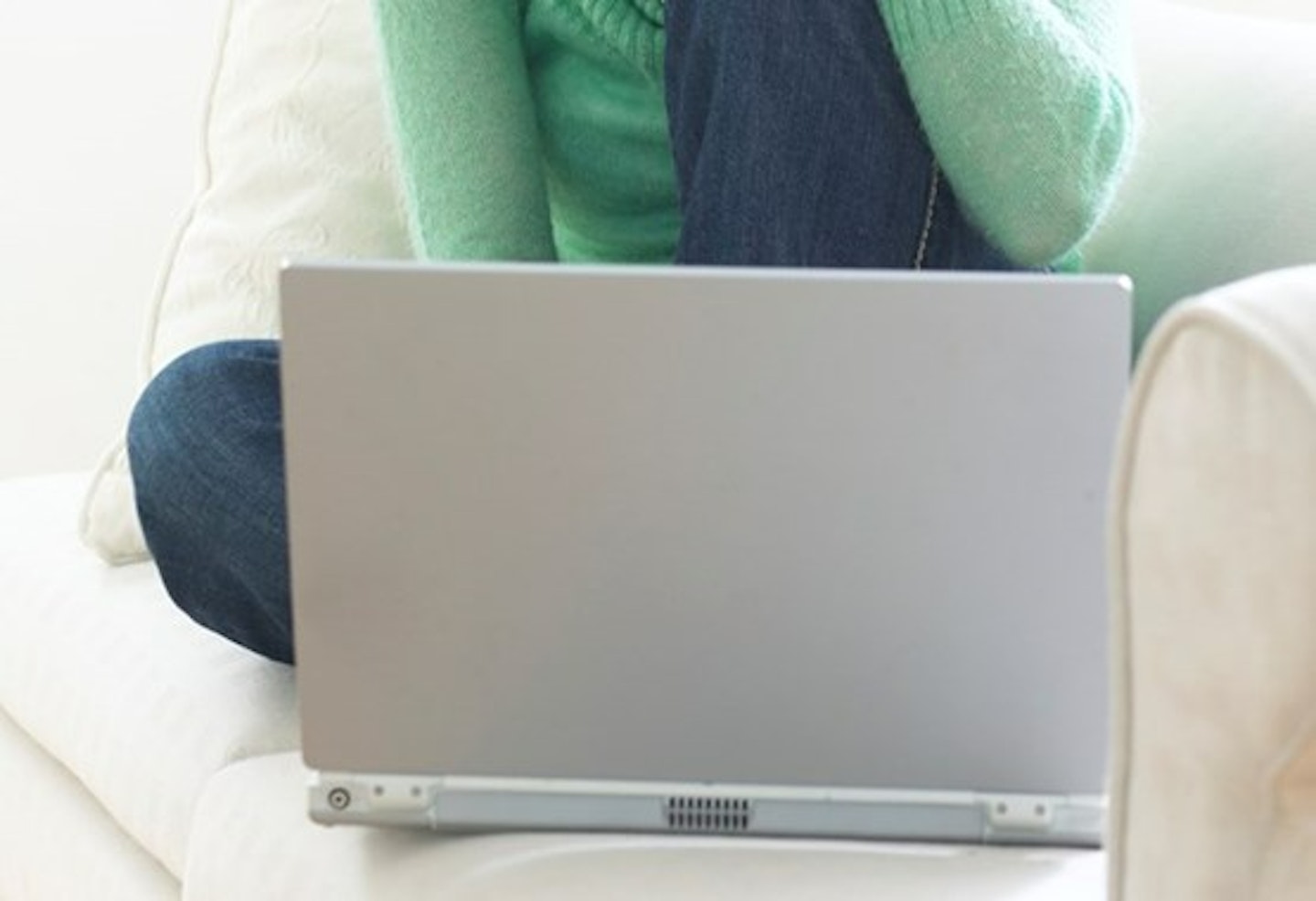 2 of 10
2 of 102) Go online
What’s helpful is that pretty much all parents acknowledge they’re in the same social boat. Which is why there are websites actually dedicated to connecting people locally – try mumsmeetup.com where you enter your details and message directly.
 3 of 10
3 of 103) Organise an open house
It sounds all American, but a note to your neighbours and a drop-in-whenever-you-like drinks, BBQ or coffee at yours (kids welcome, of course) is a great way to meet people. And it involves your partner, which takes the pressure off a little and gives him some parent contacts, too.
 4 of 10
4 of 104) Volunteer at baby groups
If you’ve been going to a baby group, ask the organiser if you can help with making the snacks, handing things out, tidying up and so on. That way, you inadvertently end up chatting to other parents and have a perfect excuse to break the ice.
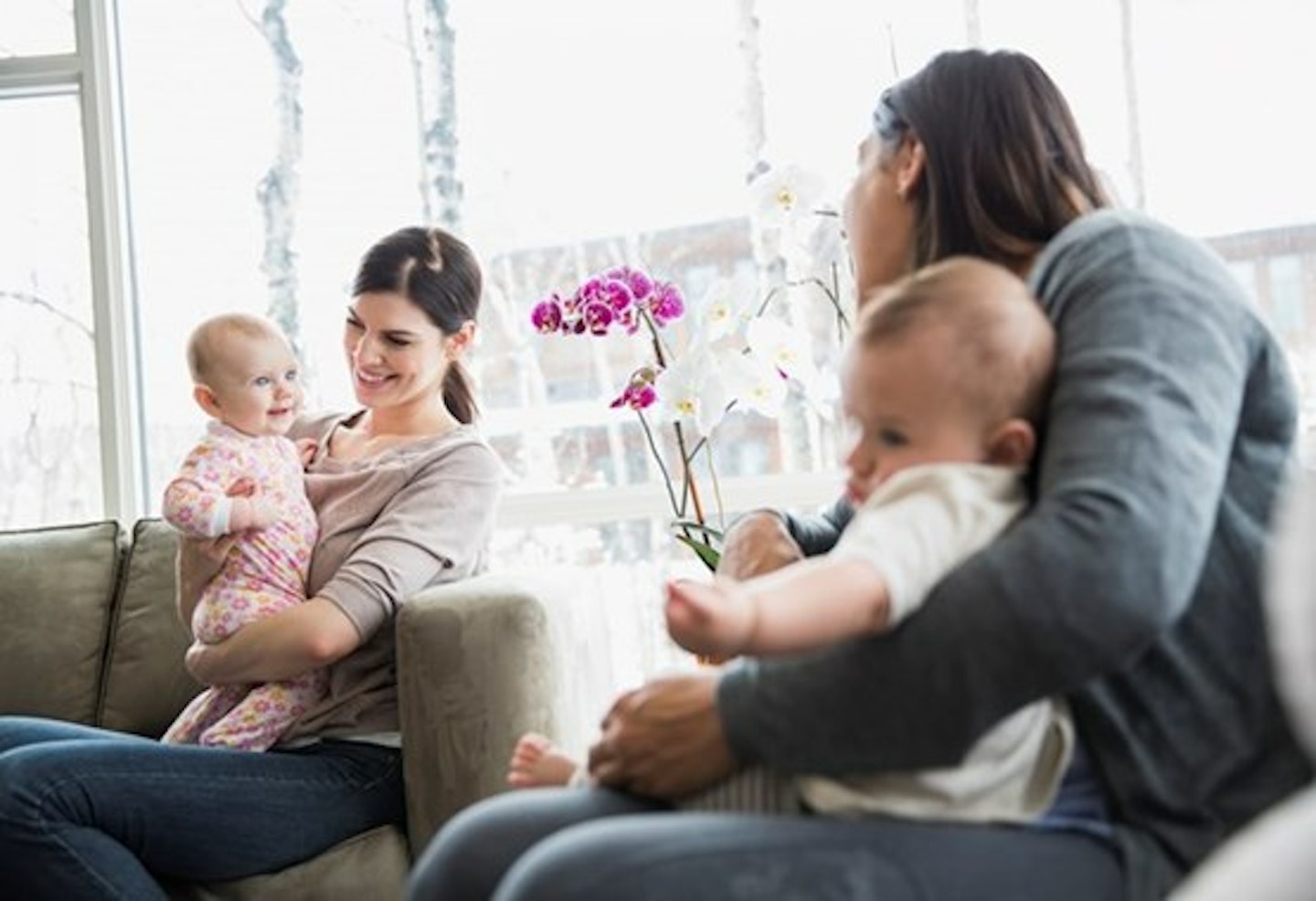 5 of 10
5 of 105) Embrace waiting rooms
It could be your GP or health visitor clinic – anywhere you’re sitting around with other parents. Obviously gauge the situation and who actually looks like they want to be spoken to, but it doesn’t hurt to strike up a conversation while you wait. Especially with your babies giving you common ground.
 6 of 10
6 of 106) Join a Facebook group
 7 of 10
7 of 107) Make a date
Meet up with a friend for coffee and each bring someone else the other doesn’t know. Like bringing a plus one but with way less awkwardness.
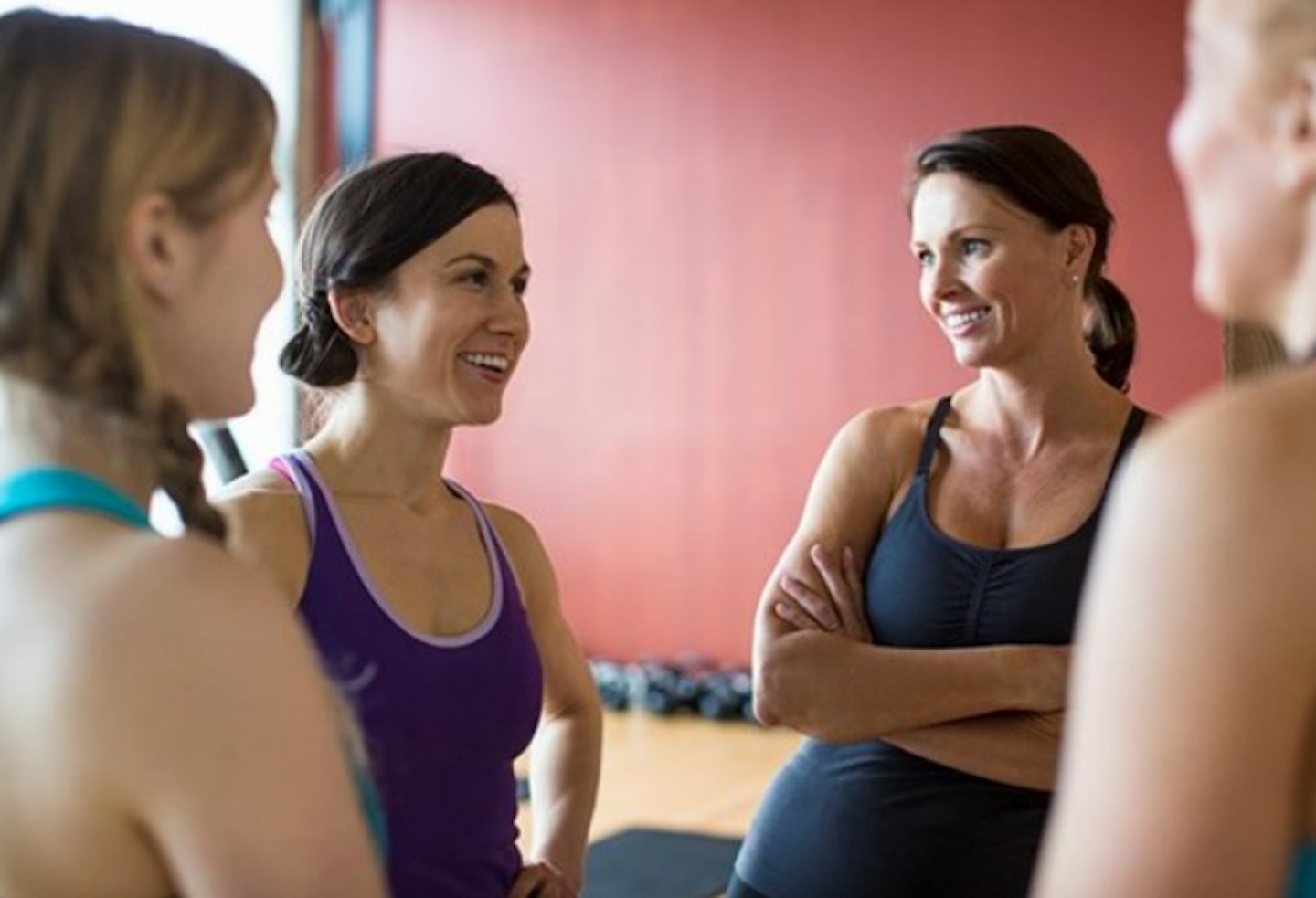 8 of 10
8 of 108) By the water cooler
The gym. Exercises classes. Buggy Fit in the park. Amazing places to get chatting to other mums, especially if there’s a crèche. Even suggest a glass of wine as a pat on the back for all your fitness efforts…
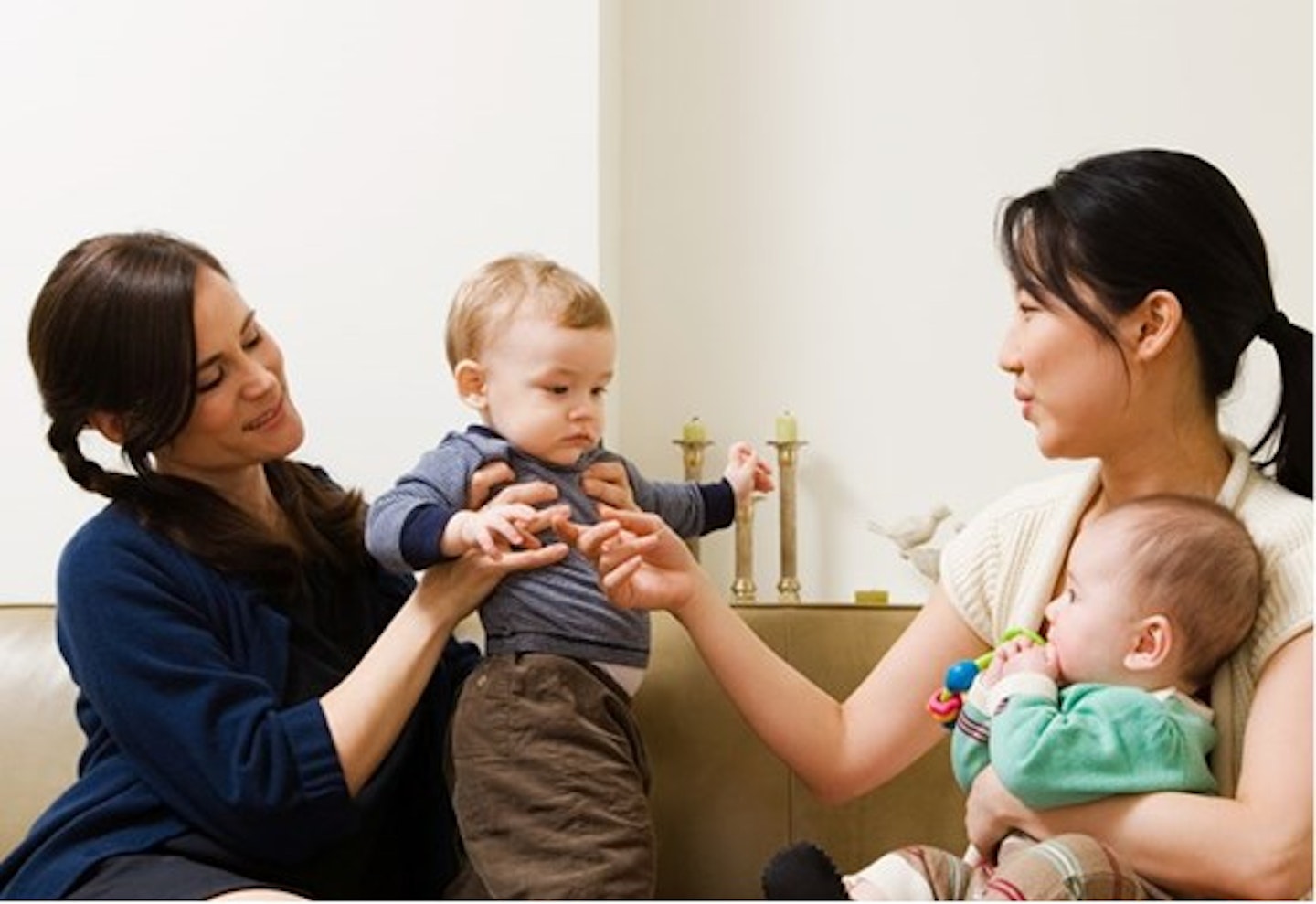 9 of 10
9 of 109) Use support groups
Don’t be afraid to talk about something other than latches and nipples at your breastfeeding group.
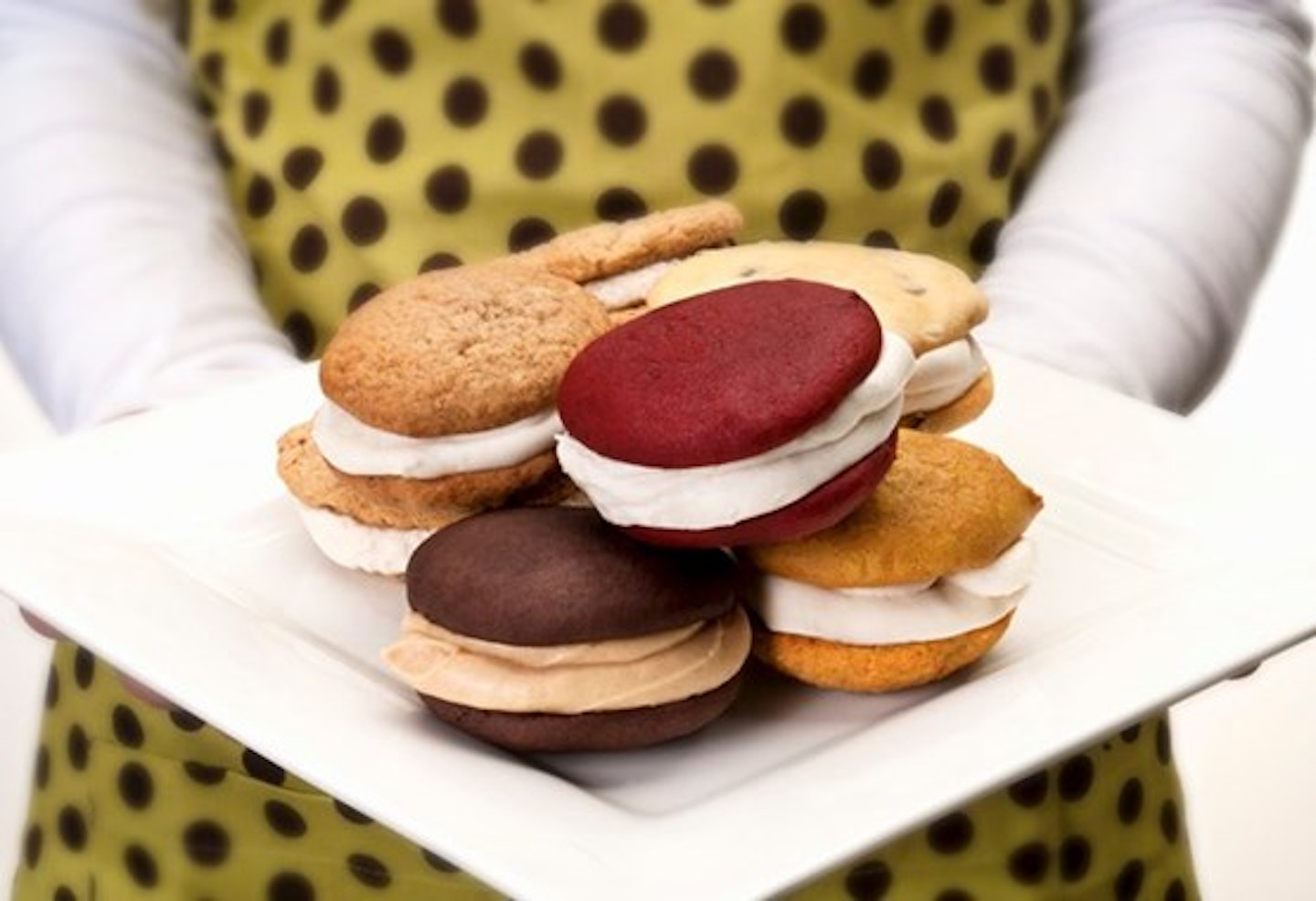 10 of 10
10 of 1010) Cake!
OK, it’s a little random but some cake (or at least a few Jaffa Cakes) in your bag is always going to win you favour at the nursery gates.
Do you have any tips of your own? Let us know on Facebook or Twitter!
Make sure you're following Mother & Baby on Instagramfor relatable memes, inspiring stories and parenting hacks!
Join the club! Introducing our brand, spankin’ new Facebook group called #mumtribe.Simply search ‘#mumtribe’ into the search bar and meet like-minded mums, win gorgeous goodies and have some fun!
